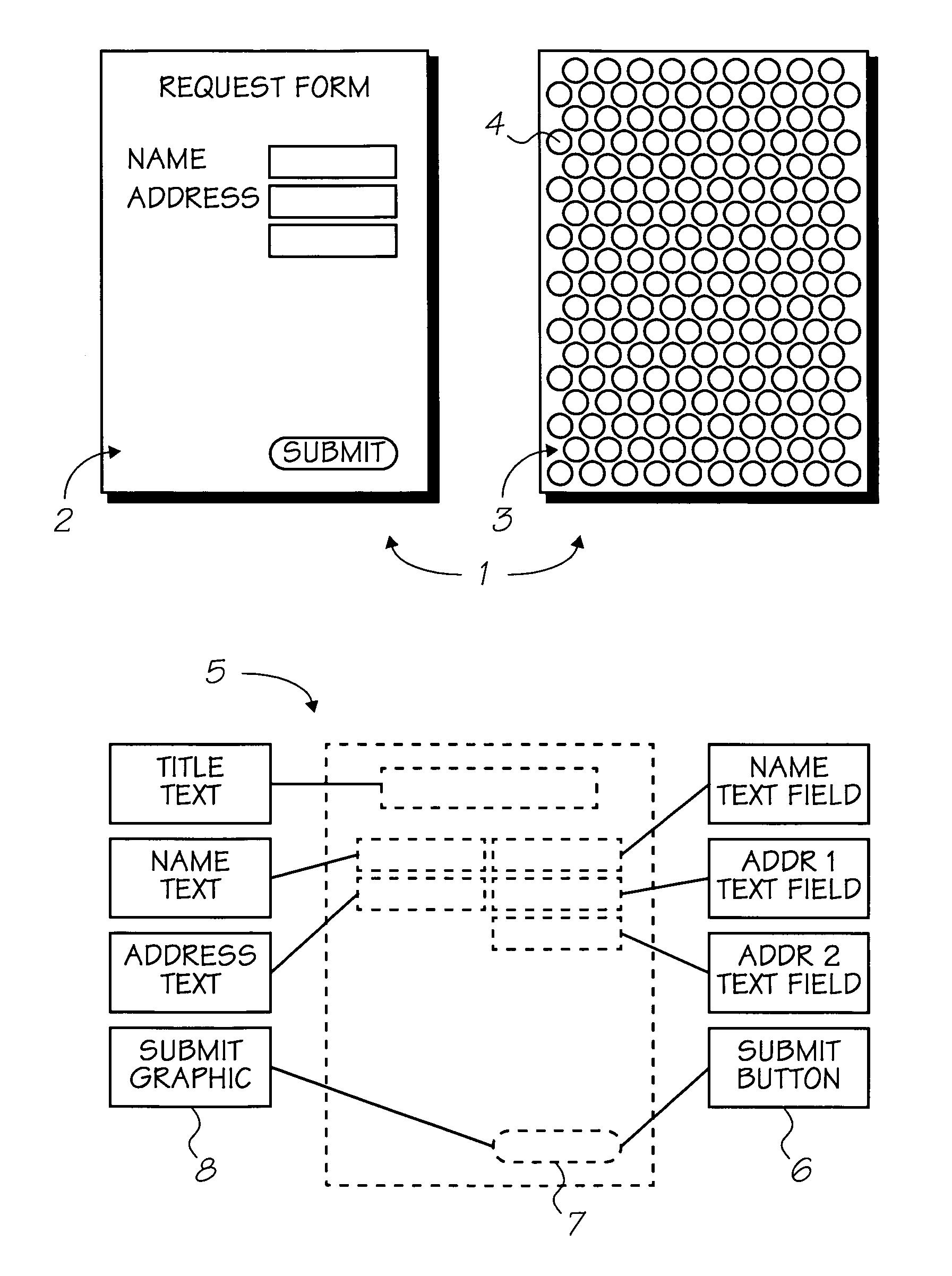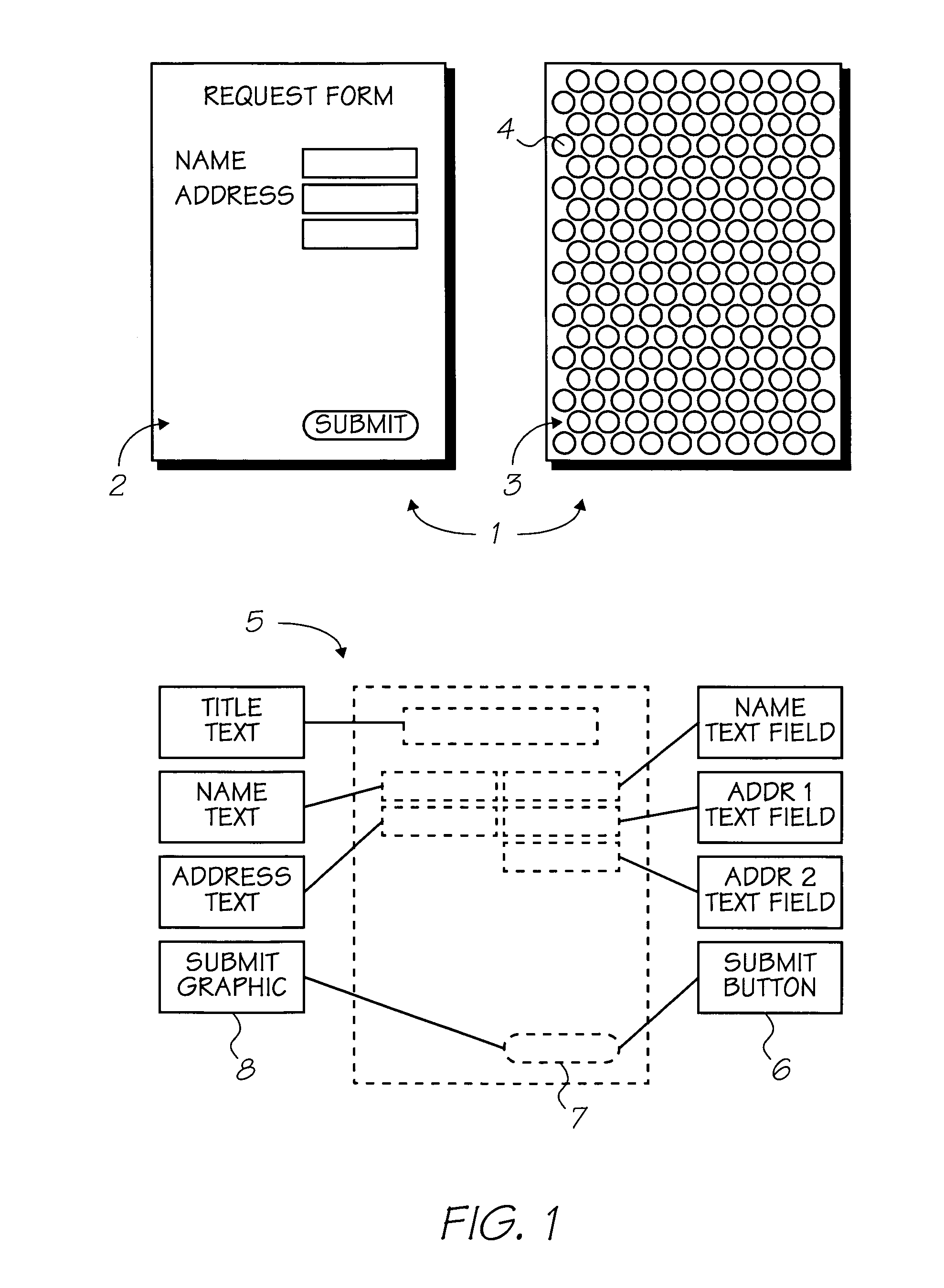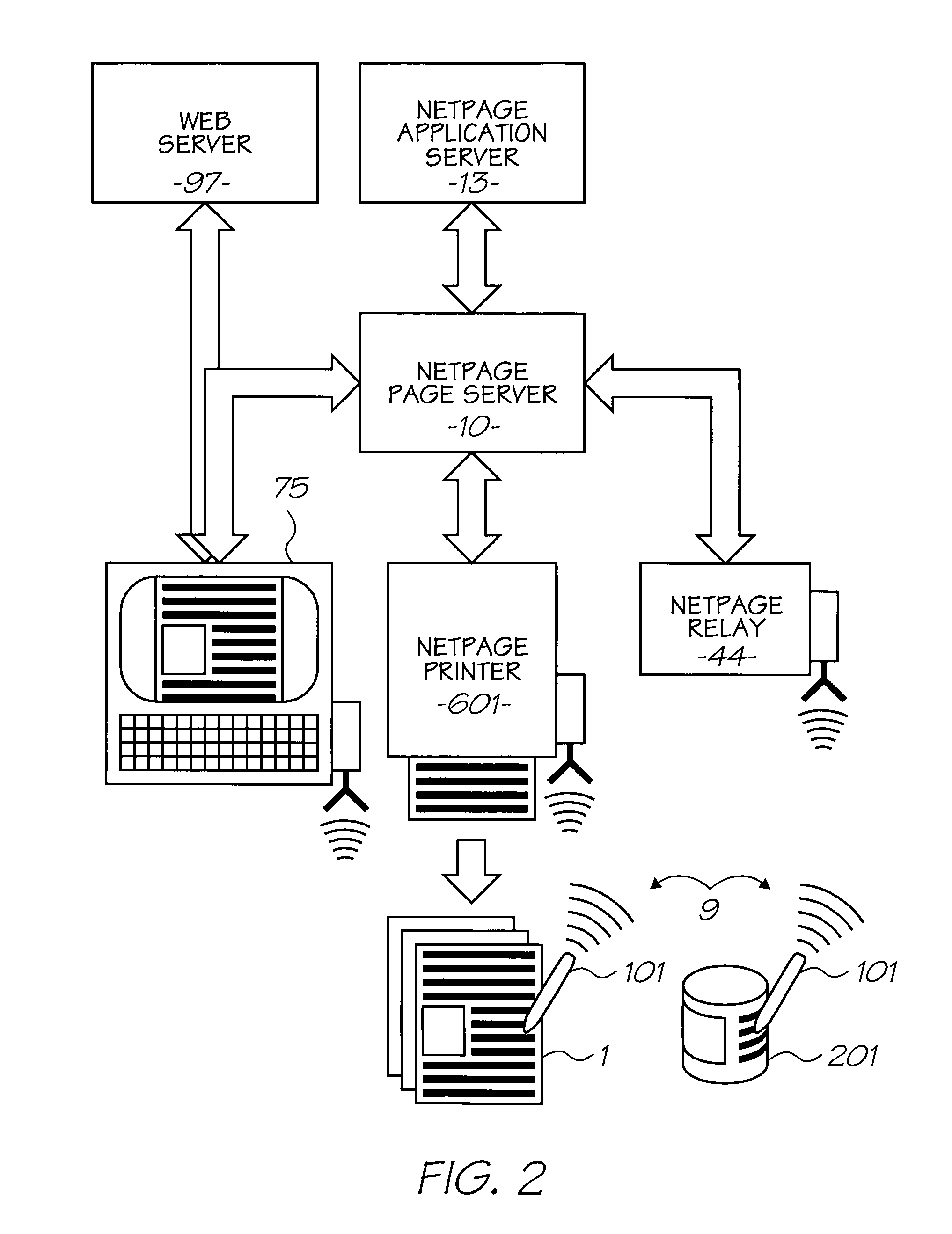Red-shifted water dispersible napthalocyanine dyes
a technology of redshifting and water dispersible napthalocyanine, which is applied in the field of redshifting nearir dyes, can solve the problems of not being able to formulate prior art dyes into ink compositions suitable for netpage or hy, commercially available and/or prior art inks
- Summary
- Abstract
- Description
- Claims
- Application Information
AI Technical Summary
Benefits of technology
Problems solved by technology
Method used
Image
Examples
preparation 1
6,7-(4′-Methoxyphenoxy)naphthalene-2,3-dicarbonitrile (4)
[0360]
[0361]A mixture of 6,7-dibromonaphthalene-2,3-dicarbonitrile 3 (508 mg, 0.151 mmol), 4-methoxyphenol (1.12 g, 9.00 mmol) and freshly dried potassium carbonate (2.70 g, 19 mmol) in dimethylformamide (10 mL) was stirred at 130° C. overnight. The reaction mixture was cooled to 80° C. and water (60 mL) was slowly added to form a precipitate that was filtered off, washed with water and methanol / water (50:50) to give 4 as a chocolate-brown powder (480 mg, 75%).
[0362]1H NMR (300 MHz, CDCl3): δ3.89 (6H, s); 7.02 (4H, d, J=7.8 Hz); 7.14 (4H, d, J=7.8 Hz); 7.15 (2H, s); 8.02 (2H, s).
example 1
Copper(II) tetrakis[6,7-(4′-methoxyphenoxy)]naphthalocyanine (5)
[0363]
[0364]A mixture of the dinitrile 4 (240 mg, 0.568 mmol), copper(I) chloride and DBU (135 μL, 135 mg, 0.888 mmol) in 1-pentanol (2 mL) was heated at reflux overnight. The reaction mixture was cooled to room temperature and diluted with methanol (20 mL) and the resulting solid was filtered off and washed with methanol, water and acetone to give 5 as a reddish-brown powder (201 mg, 81%).
[0365]UV-Vis-NIR (DMSO): 773 nm.
example 2
Sulfonation of Copper(II) tetrakis[6,7-(4′-methoxyphenoxy)]naphthalocyanine
[0366]
[0367]A solution of the copper(II) naphthalocyanine 5 (110 mg, 62.7 μmol) in sulfuric acid (98%, 1 mL) was stirred at 45° C. for 45 min. The reaction mixture was added dropwise to ether / chloroform (9:1, 150 mL) to precipitate the product. The supernatant was decanted off and the solid was resuspended in ether / chloroform (9:1, 100 mL). Filtration, followed by washing with chloroform, ether and acetone gave the sulfonic acid 6 (144 mg, 96%) as a red-brown powder.
[0368]UV-Vis-NIR (DMSO): 775 nm, 690 nm.
PUM
| Property | Measurement | Unit |
|---|---|---|
| emission wavelengths | aaaaa | aaaaa |
| emission wavelengths | aaaaa | aaaaa |
| emission wavelengths | aaaaa | aaaaa |
Abstract
Description
Claims
Application Information
 Login to View More
Login to View More - R&D
- Intellectual Property
- Life Sciences
- Materials
- Tech Scout
- Unparalleled Data Quality
- Higher Quality Content
- 60% Fewer Hallucinations
Browse by: Latest US Patents, China's latest patents, Technical Efficacy Thesaurus, Application Domain, Technology Topic, Popular Technical Reports.
© 2025 PatSnap. All rights reserved.Legal|Privacy policy|Modern Slavery Act Transparency Statement|Sitemap|About US| Contact US: help@patsnap.com



